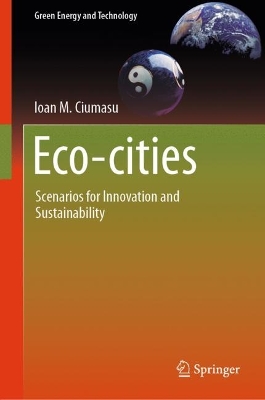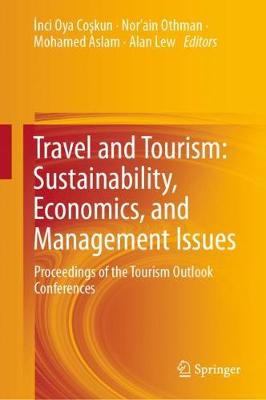Strategies and Tools for a Sustainable Rural Rio de Janeiro
 -15%
portes grátis
-15%
portes grátis
Strategies and Tools for a Sustainable Rural Rio de Janeiro
Sattler, Dietmar; Nehren, Udo; Hissa, Helga; Raedig, Claudia; Schl?ter, Sabine
Springer International Publishing AG
08/2018
513
Dura
Inglês
9783319896434
15 a 20 dias
980












